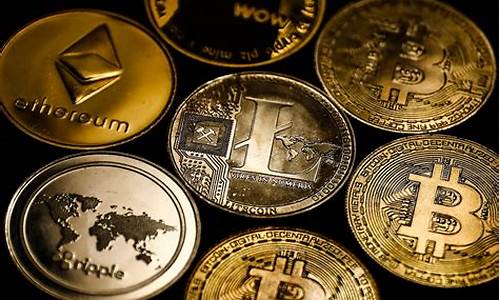
Digital currency, also known as cryptocurrency, is a type of virtual currency that uses cryptographic techniques to secure and verify transactions and to control the creation of new units. It is essentially a decentralized form of currency that operates on a blockchain, which is a distributed ledger technology that records transactions in a secure and transparent manner.
The concept of digital currency was first introduced in 2008 by an anonymous person or group of people using the pseudonym Satoshi Nakamoto. The currency they introduced, Bitcoin, was the first decentralized digital currency that allowed for peer-to-peer transactions without the need for a central authority or intermediary such as a bank.
Since its inception, Bitcoin has become one of the most well-known and widely used forms of digital currency. However, there are now thousands of different types of digital currencies, each with their own unique features and use cases. Some examples of popular digital currencies include Ethereum, Litecoin, and Ripple.
One of the key benefits of digital currency is its decentralization. Unlike traditional currencies, which are controlled by governments and financial institutions, digital currencies operate on a decentralized network that is not subject to the same level of control or regulation. This means that users have more control over their funds and can transact with anyone around the world without the need for intermediaries.
Another benefit of digital currency is its security. Transactions made using digital currencies are secured using advanced cryptography techniques that make it difficult for unauthorized parties to access or manipulate the funds. Additionally, because digital currencies are stored on a public ledger (the blockchain), it is virtually impossible to falsify or duplicate transactions.
Despite its many advantages, digital currency is not without its challenges. One of the biggest challenges facing digital currency is its lack of widespread adoption. While some businesses and individuals have embraced digital currency, others remain skeptical or even opposed to its use. Additionally, digital currency markets are often highly volatile, making them risky for investors who are not familiar with the technology.
In conclusion, digital currency is a revolutionary form of money that offers many benefits over traditional currencies. Its decentralized nature allows for greater control and security over funds, while its ability to facilitate peer-to-peer transactions makes it an attractive option for businesses and individuals alike. As technology continues to advance and more people become familiar with digital currency, it is likely that we will see even more widespread adoption in the years to come.







